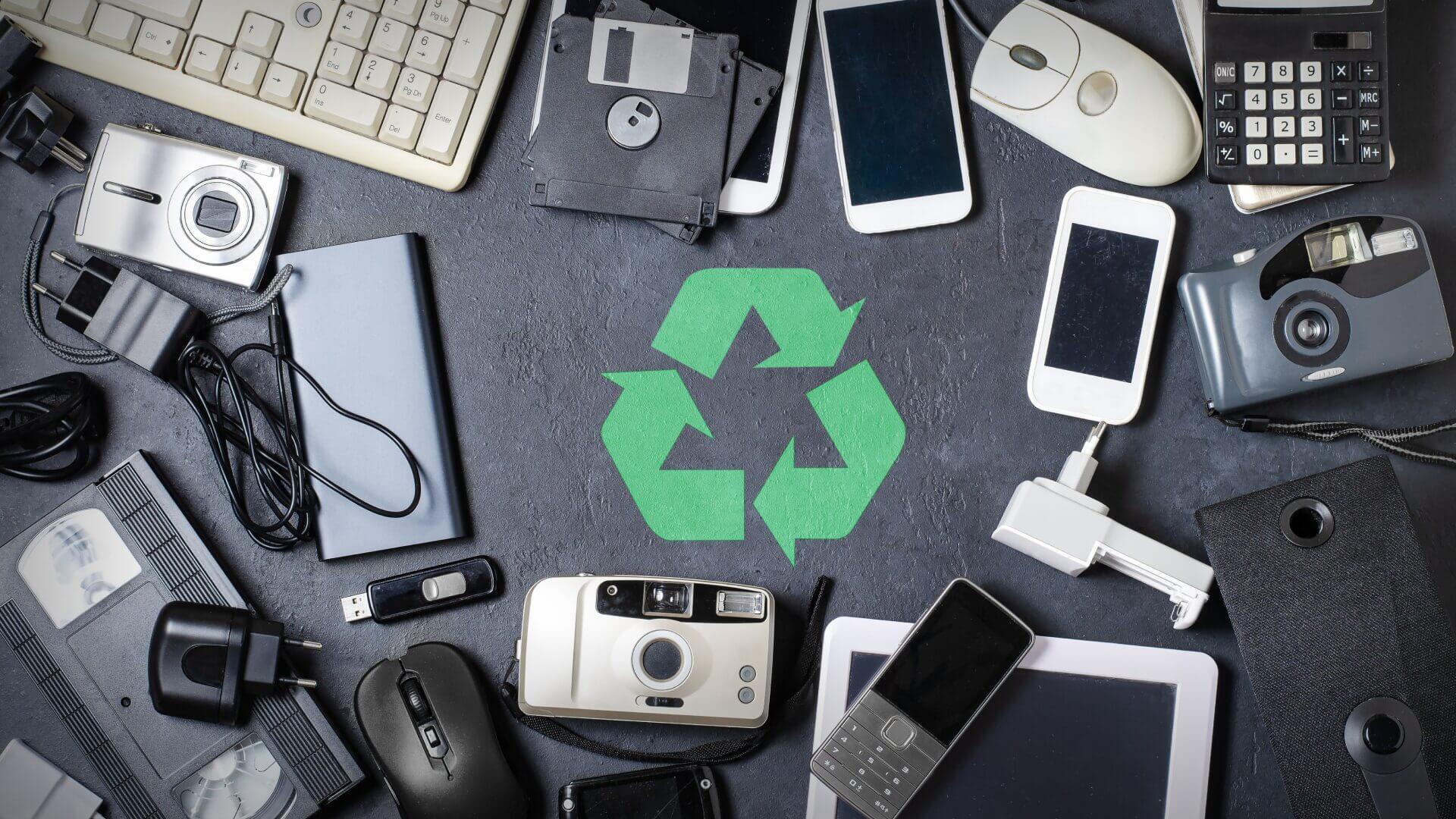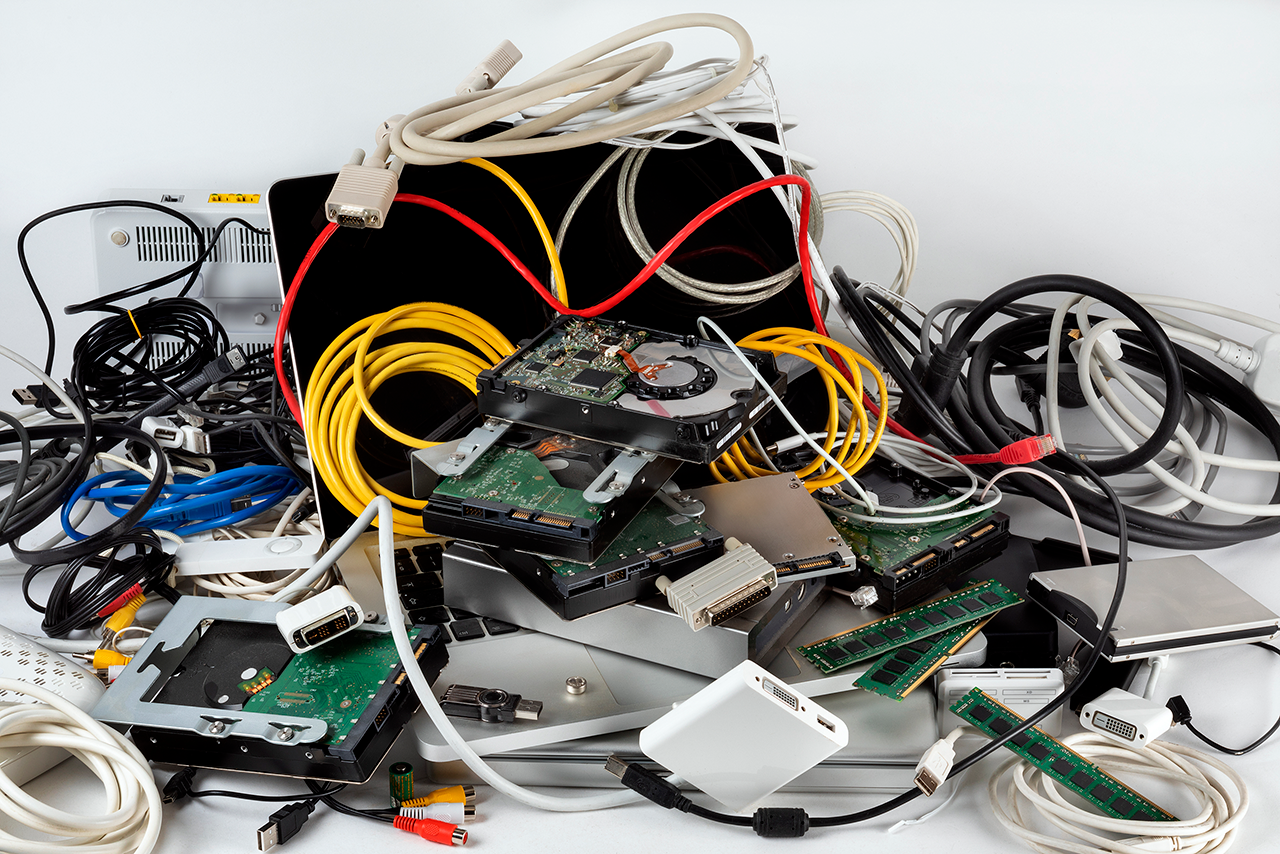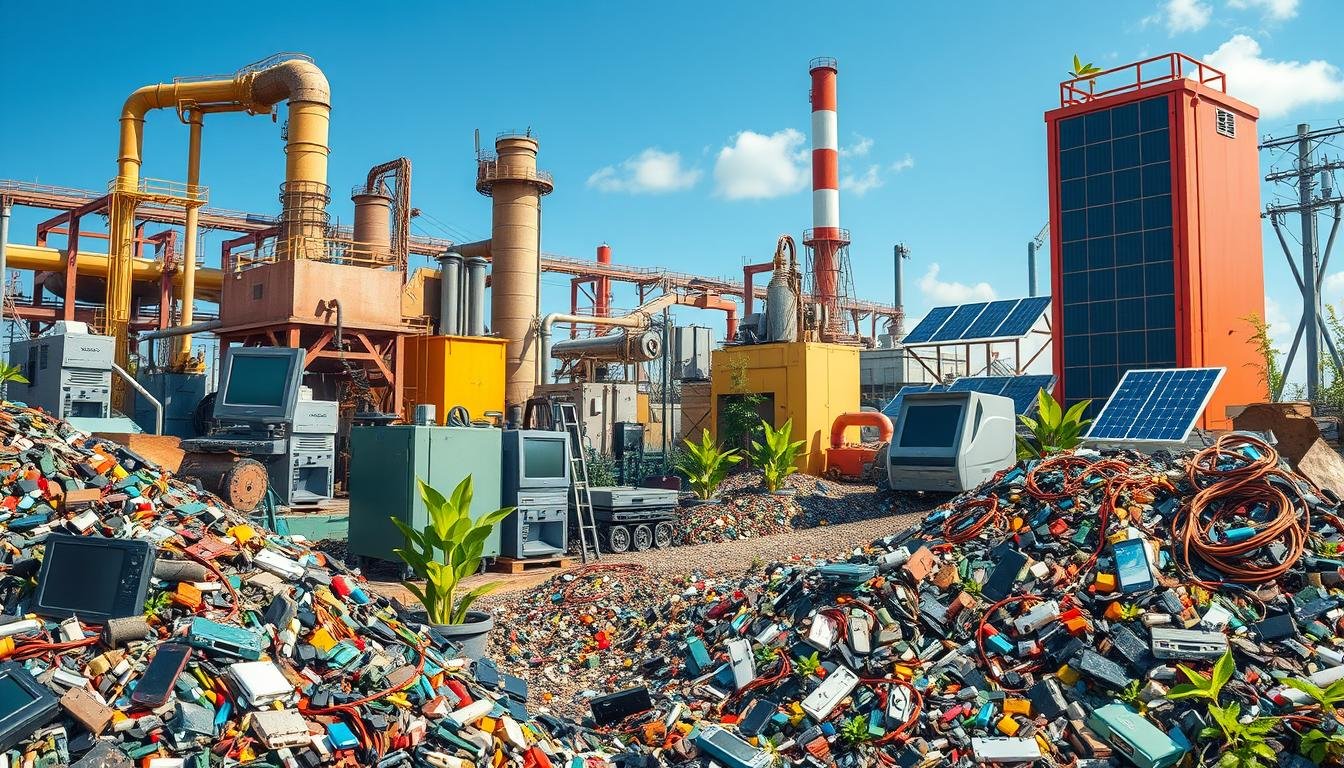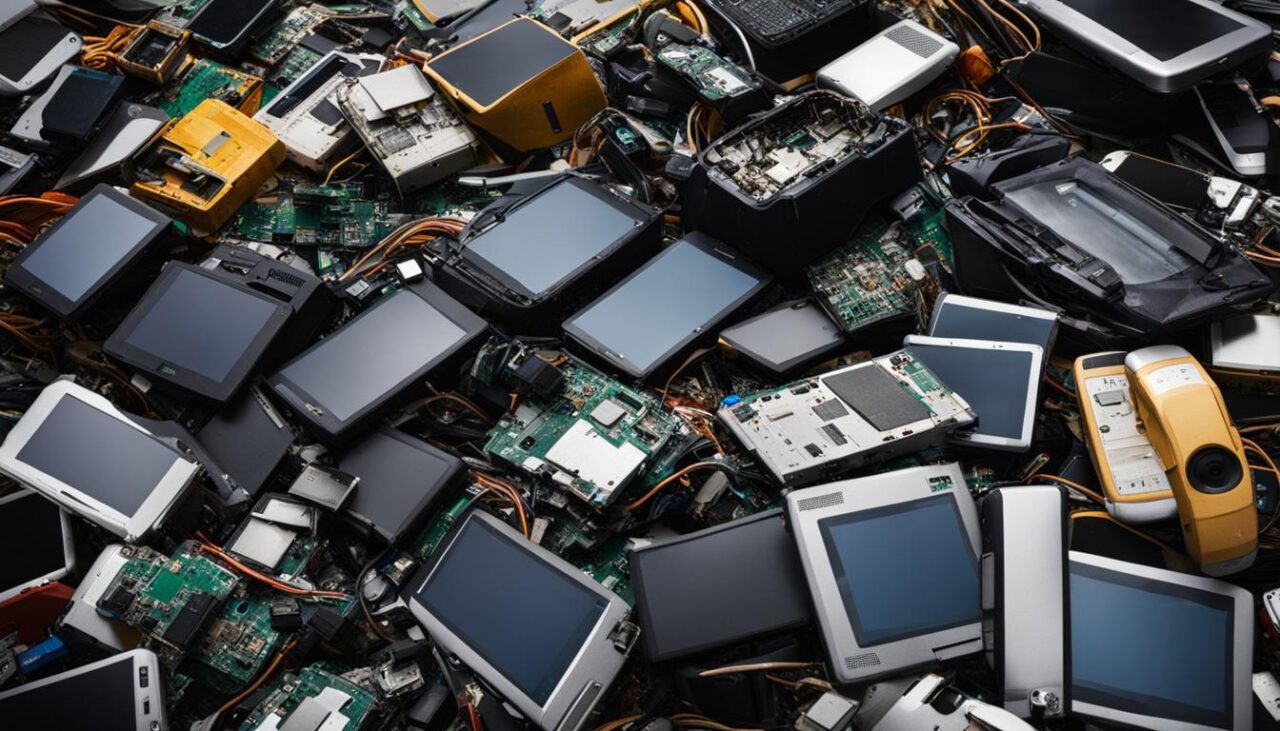Recycling waste is one of the most crucial environmental solutions that help preserve natural resources and reduce pollution. With the increasing amount of waste generated by human activities, it has become essential to adopt effective strategies to manage and utilize waste sustainably.
What is Recycling?
Recycling is the process of converting waste and unused materials into new products instead of disposing of them in landfills or burning them. This process includes sorting waste, processing it, and remanufacturing it into raw materials used to produce new products.
Benefits of Recycling
-
Preserving Natural Resources
Recycling waste helps reduce the consumption of raw materials such as wood, metals, and water, ensuring environmental sustainability for future generations.
-
Reducing Environmental Pollution
Waste contributes to soil, water, and air pollution when disposed of improperly. Recycling minimizes this issue by reducing the accumulation of waste.
-
Lowering Energy Consumption
Manufacturing products from recycled materials consumes less energy compared to producing them from raw materials, reducing carbon emissions and global warming.
-
Creating Job Opportunities
The recycling industry provides numerous job opportunities in waste collection, sorting, and processing, positively impacting the local economy.
Types of Recyclable Waste
- Paper Waste: Newspapers, magazines, and cartons that can be remanufactured into new paper.
- Plastic Waste: Recycled to create new plastic materials used in various industries.
- Metal Waste: Aluminum cans and iron pieces that are melted down and reused in different industries.
- Electronic Waste: Mobile phones, computers, and batteries, which require special processing methods to ensure safe disposal.
The Role of Individuals and Communities in Recycling
Individuals can contribute to recycling by sorting waste at home, using recycled products, and reducing the use of non-biodegradable materials. Communities can also organize awareness campaigns and waste management programs for effective and sustainable waste disposal.
Recycling waste is not just an option but an environmental and social necessity that everyone must commit to. By promoting a recycling culture, we can protect the environment, conserve resources, and reduce pollution-related harm, ensuring a cleaner and more sustainable future.



